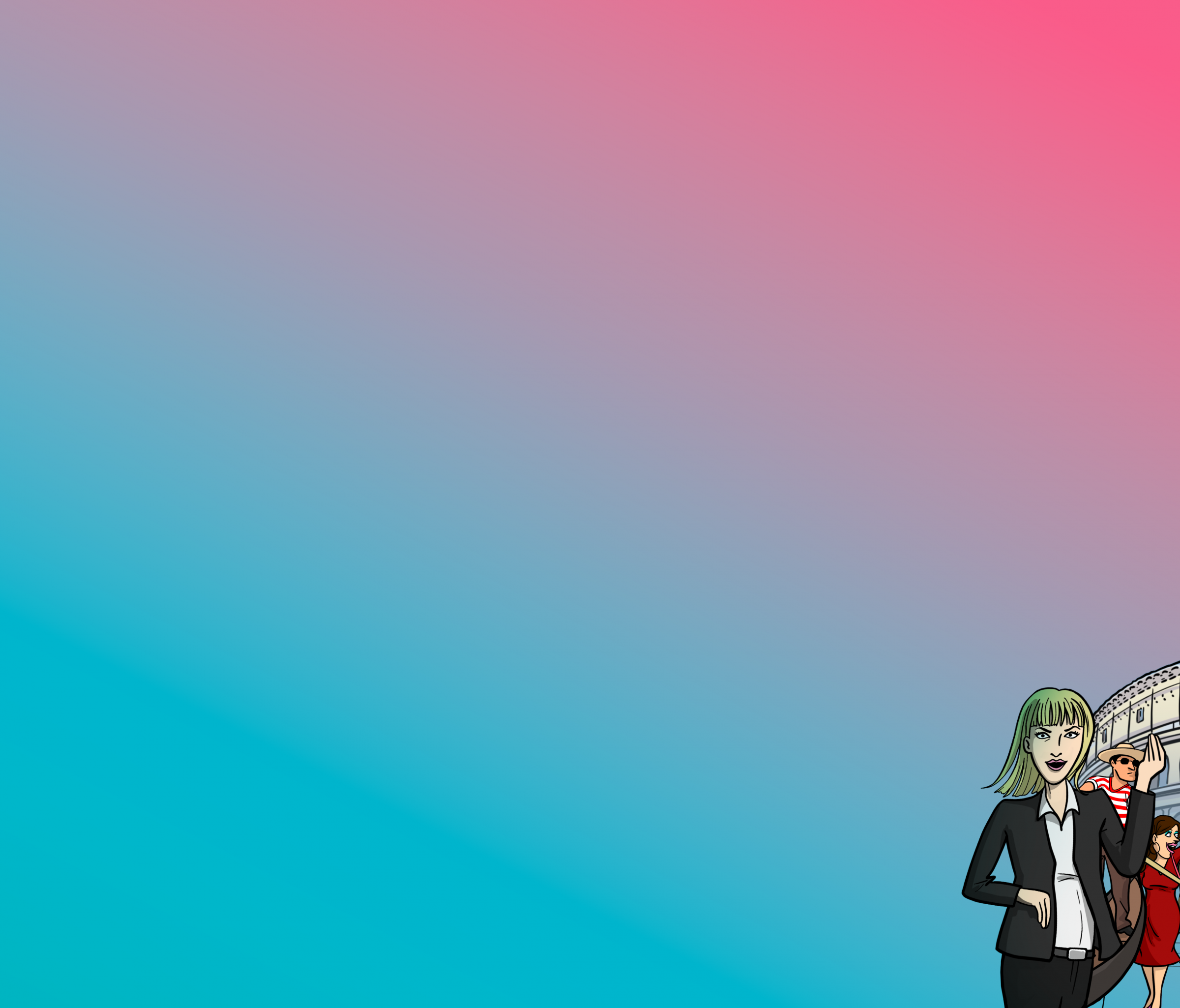Noun gender: masculine or feminine
Nouns can be either masculine or feminine. Some nouns have both masculine and feminine forms, and other nouns can only be one or the other.
il gatto (♂) → la gatta (♀)
the cat (♂) → the cat (♀)
il dolore (♂)
the pain (♂)
Generally, the nouns that are masculine are:
- most nouns that end in -o.
il gatto; il libro; il cugino
the cat; the book; the cousin
- the majority of the nouns that end in a consonant (usually foreign words adopted into Italian).
il radar; il bar; il microchip
the radar; the bar; the microchip
- a small number of nouns that end in -a, especially those ending in -amma or -ma, which are linked to the fields of science and technology.
il problema; l'eritema; l'asma; il cinema; il clima; il fondotinta; il dramma
the problem; the rash; asthma; the movie theater; the climate; the foundation (as in make-up); the drama/the play
- the names of months and days (apart from la domenica, Sunday).
il lunedì; il venerdì; il sabato; il mese di agosto; il mese di dicembre
Monday; Friday; Saturday; the month of August; the month of December
Generally, the nouns that are feminine are:
- most nouns that end in -a.
la casa; la pittura; la storia
the house; the picture; the story
- the nouns that end in -tà and -tù.
la città; la verità; la virtù; la schiavitù
the city; the truth; virtue; slavery
- most nouns that end in -si or -li.
l'analisi; la sintesi; la metropoli
the analysis; the synthesis; the metropolis
- a small number of nouns that end in -o, which are mostly abbreviations of longer nouns, apart from the noun la mano (the hand).
la fotografia → la foto; la motocicletta → la moto; l'automobile → l'auto
the photograph → the photo; the motorcycle → the motorcycle; the automobile → the car
Nouns that end in -e may be masculine or feminine. It's not possible to tell just from the ending, so you must learn the gender of each noun.
la narice (♀); il giudice (♂); l'animale (♂); l'arte (♀)
the nostril (♀); the judge (♂); the animal (♂); art (♀)
Notes:
- Some nouns are invariable, so they don't change based on if they are being used as masculine or feminine. These nouns often end in -ista, -ota, -eta or -ante.
il/la giornalista; l'insegnante; il/la cantante; il/la pilota; l'atleta
the journalist; the teacher; the singer; the pilot; the athlete
- Some nouns have completely different forms for the masculine and the feminine.
l'uomo → la donna; il cane → la cagna; il marito → la moglie; il fratello → la sorella
the man → the woman; the (male) dog → the (female) dog; the husband → the wife; the brother → the sister
Still facing difficulties with 'Noun gender: masculine or feminine'? Enhance your grammar and learn Italian through our online Italian lessons.
Start with a free test and improve today!
What our users say:
Improve your Italian further and test Saga Baldoria, online Italian course.

